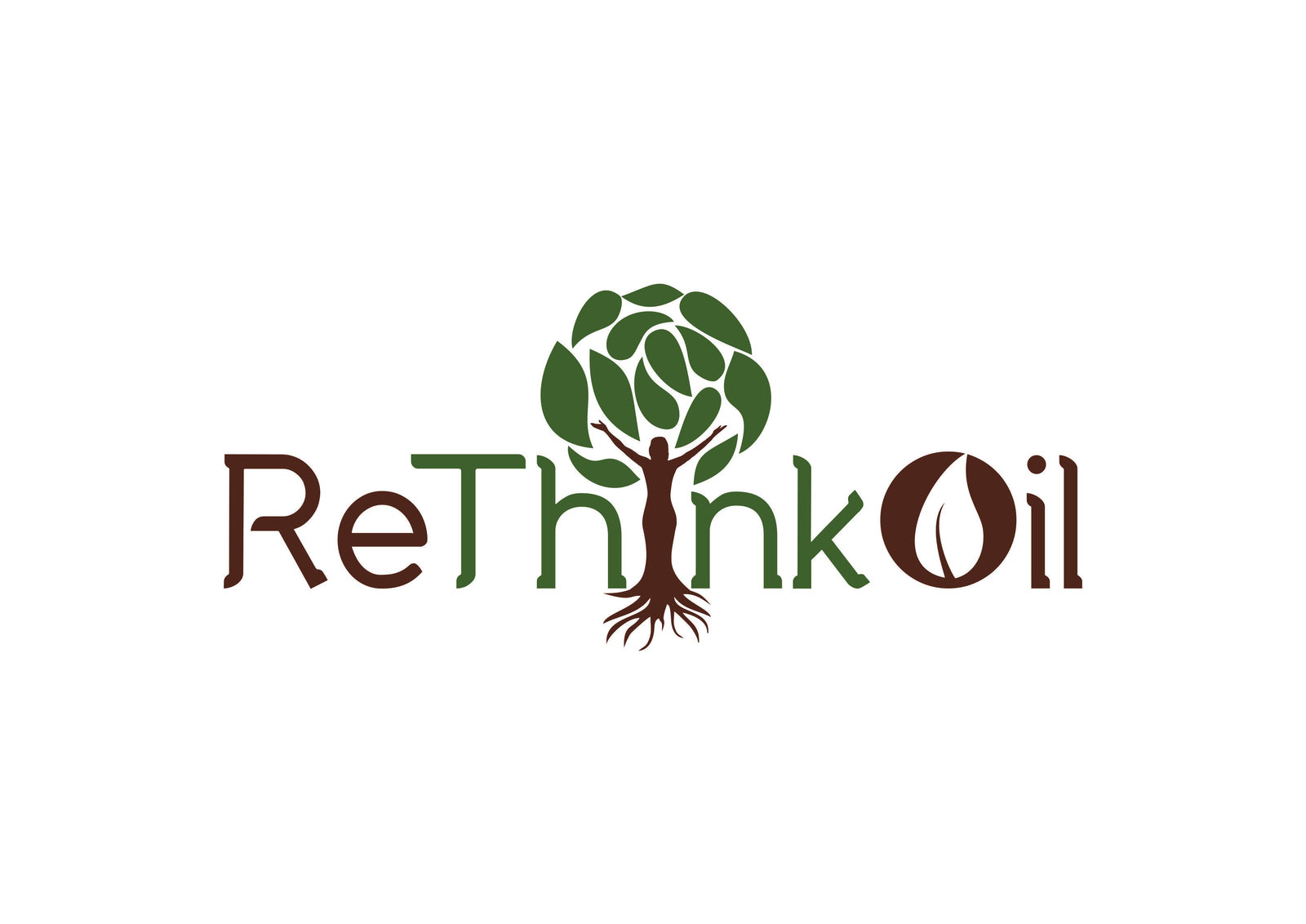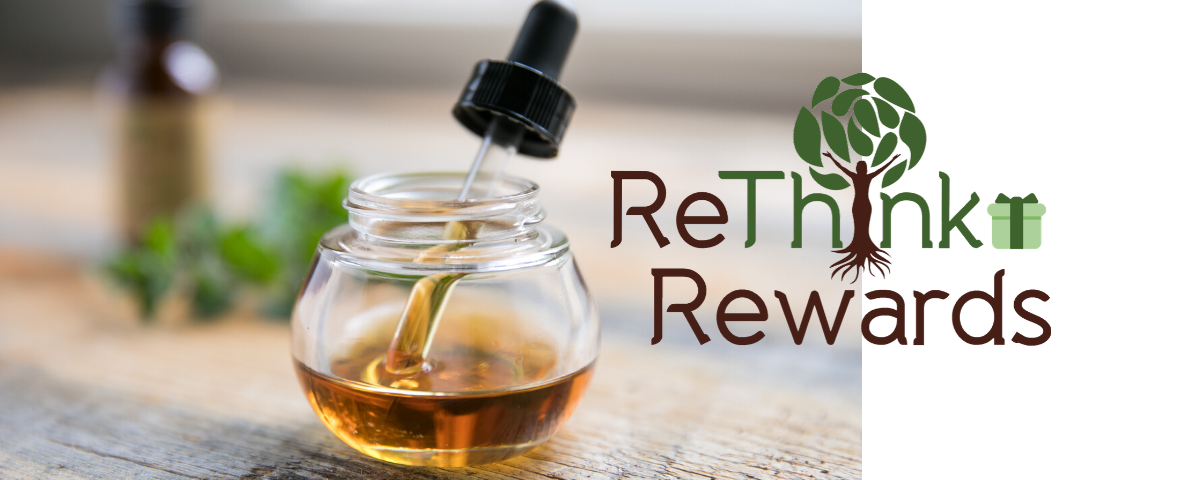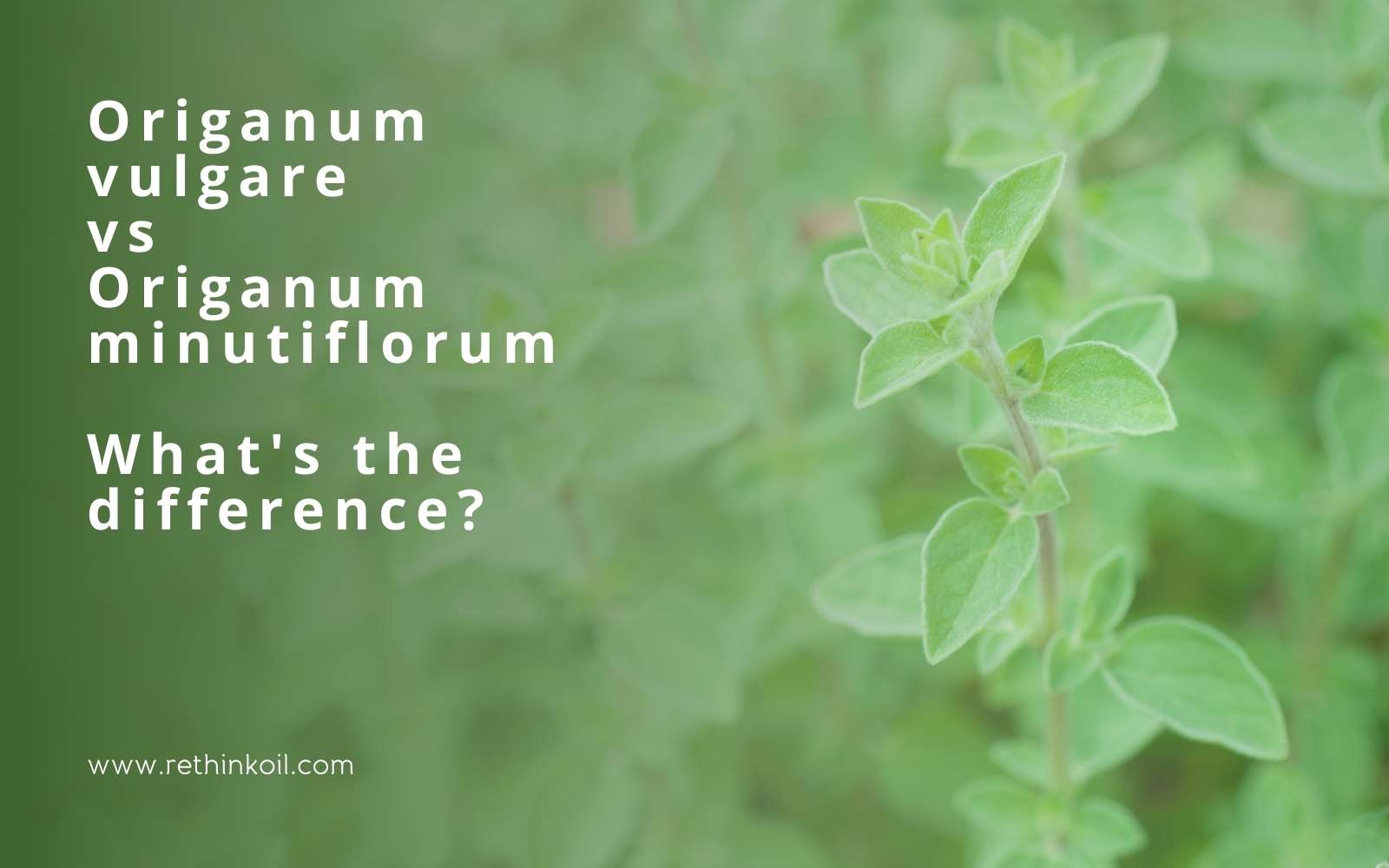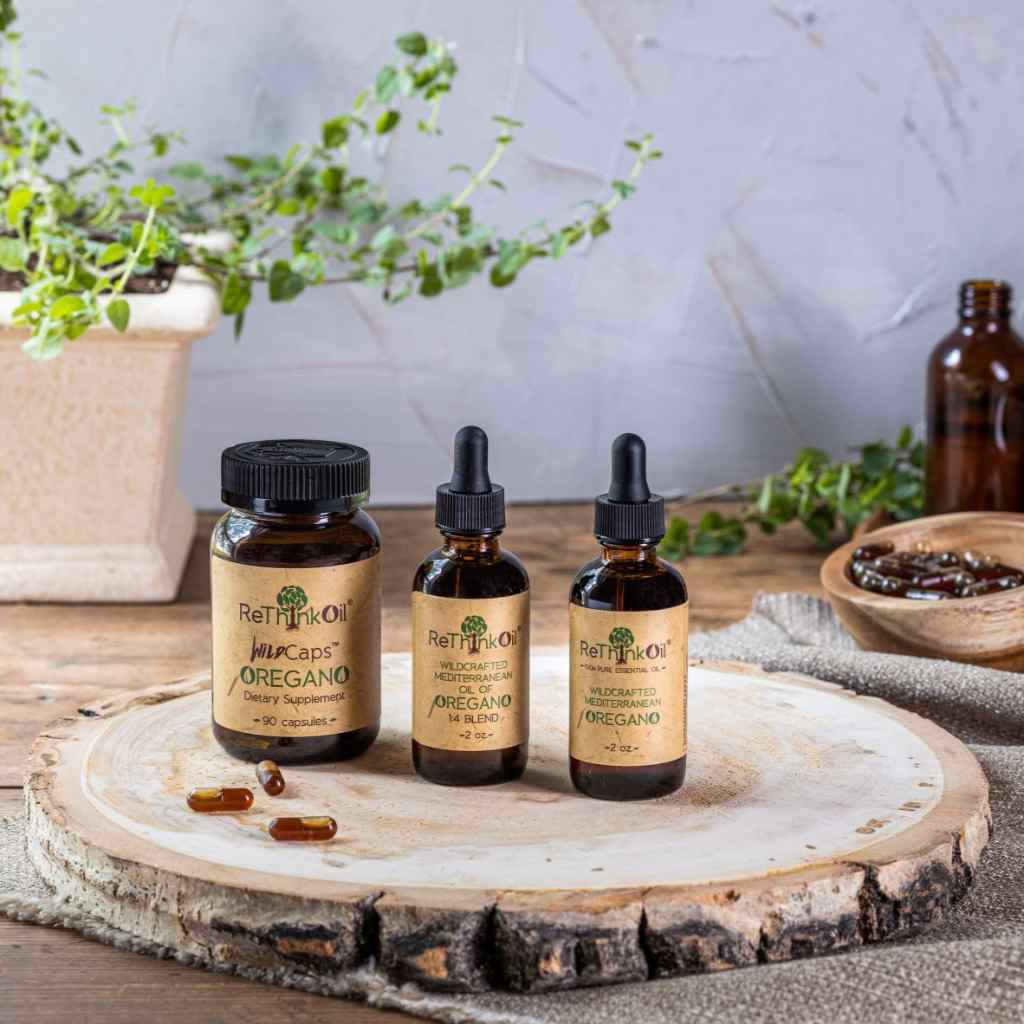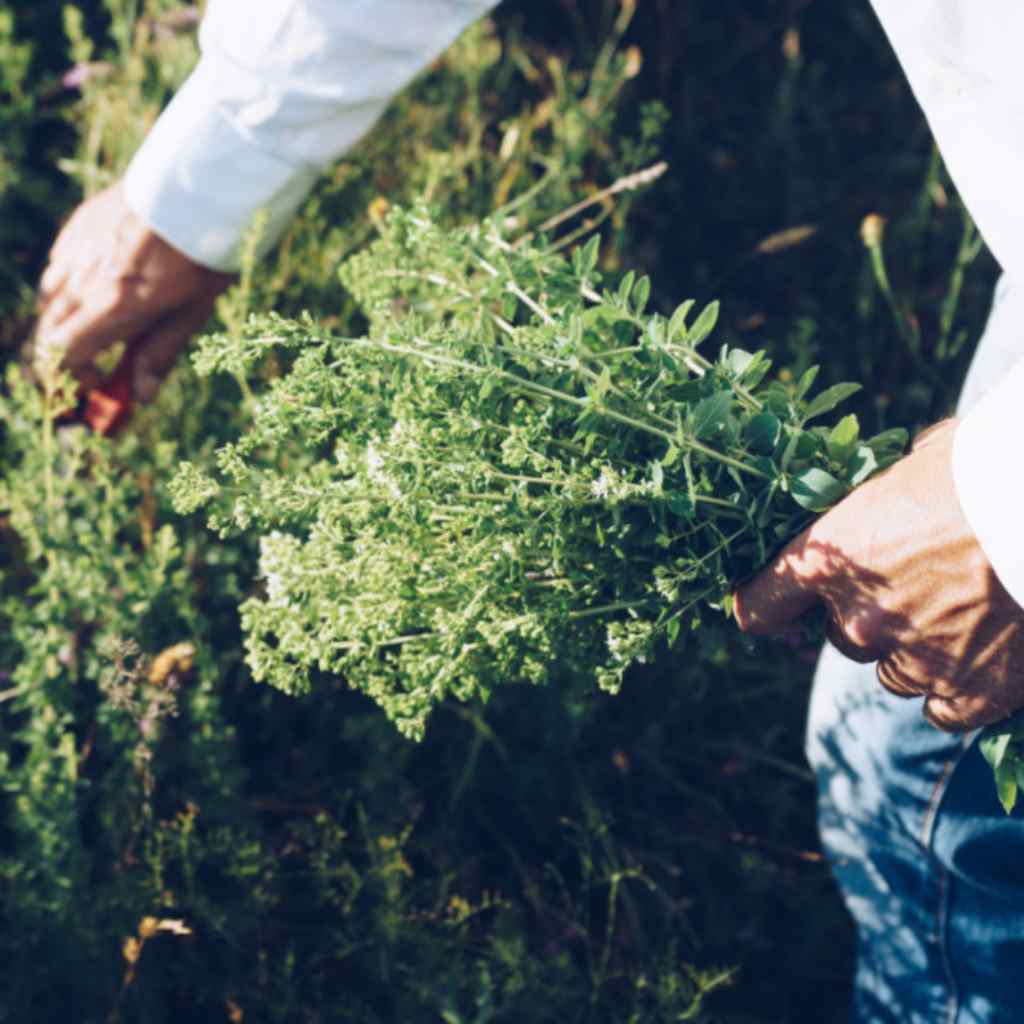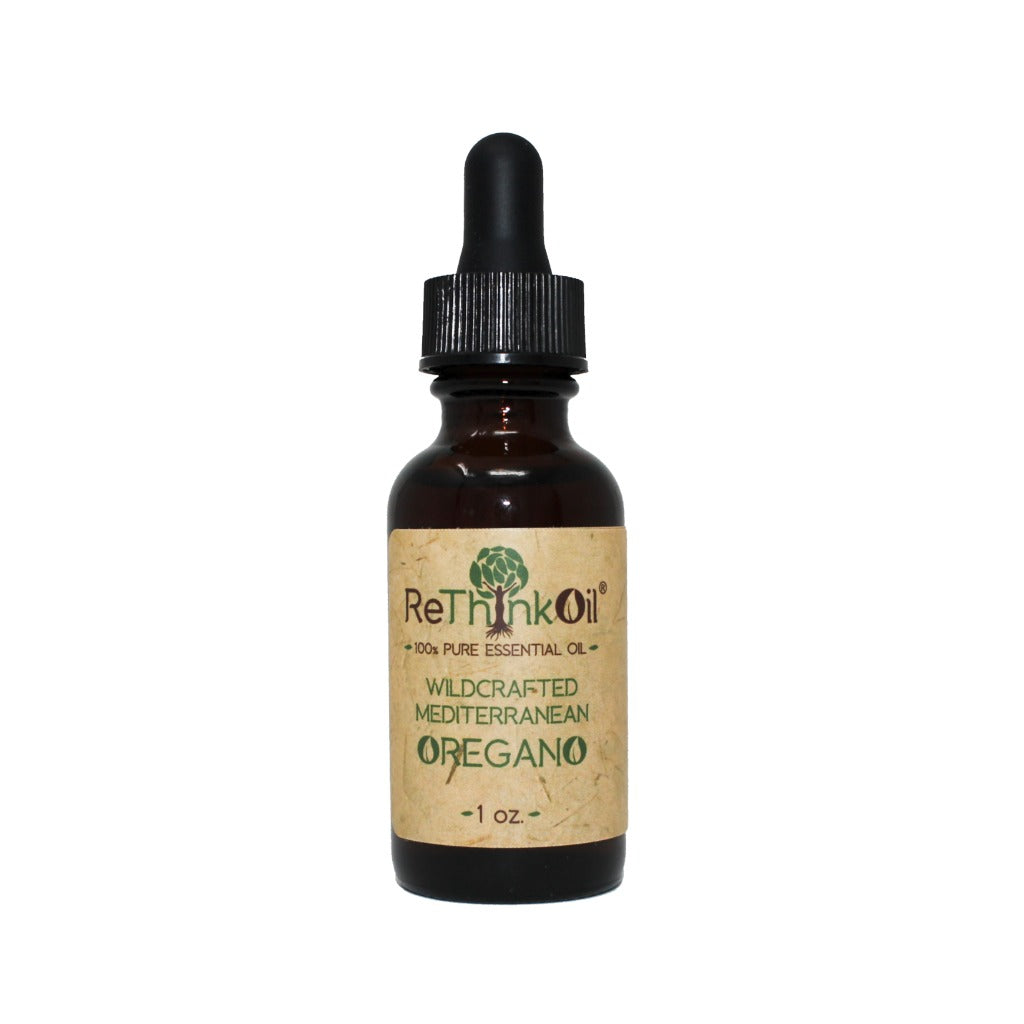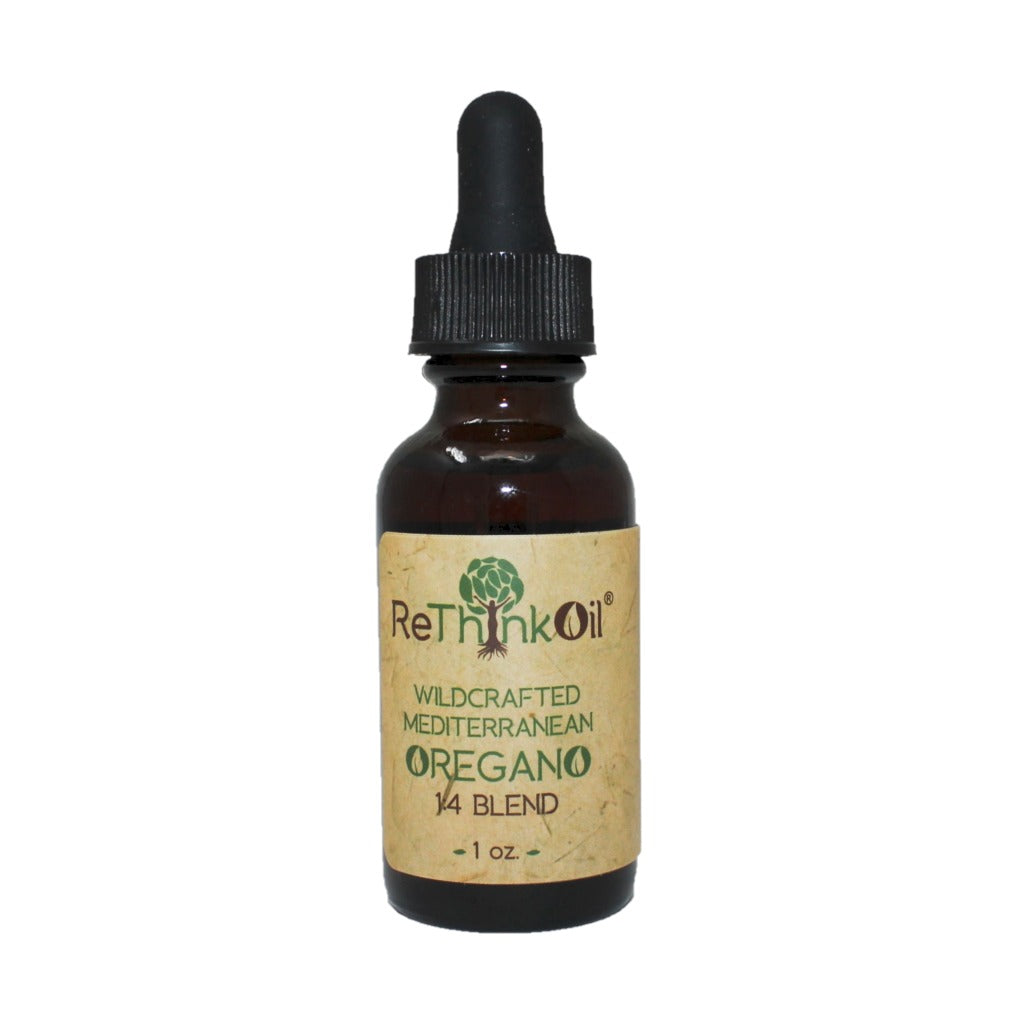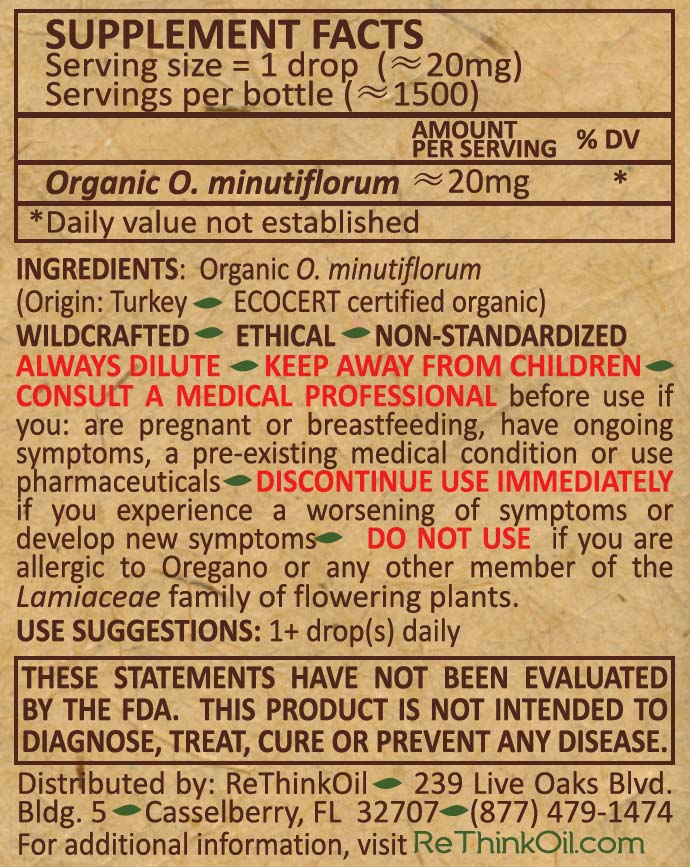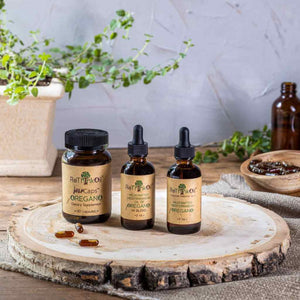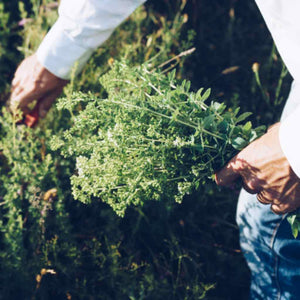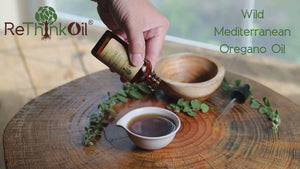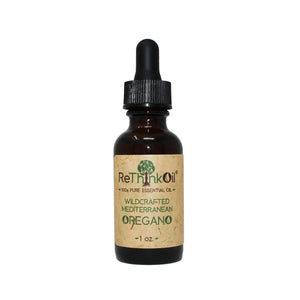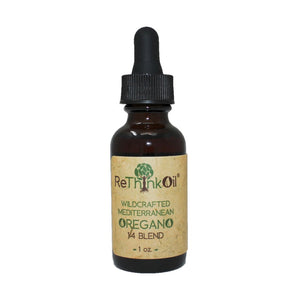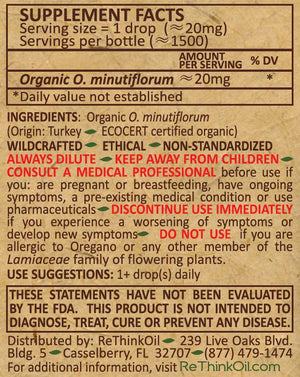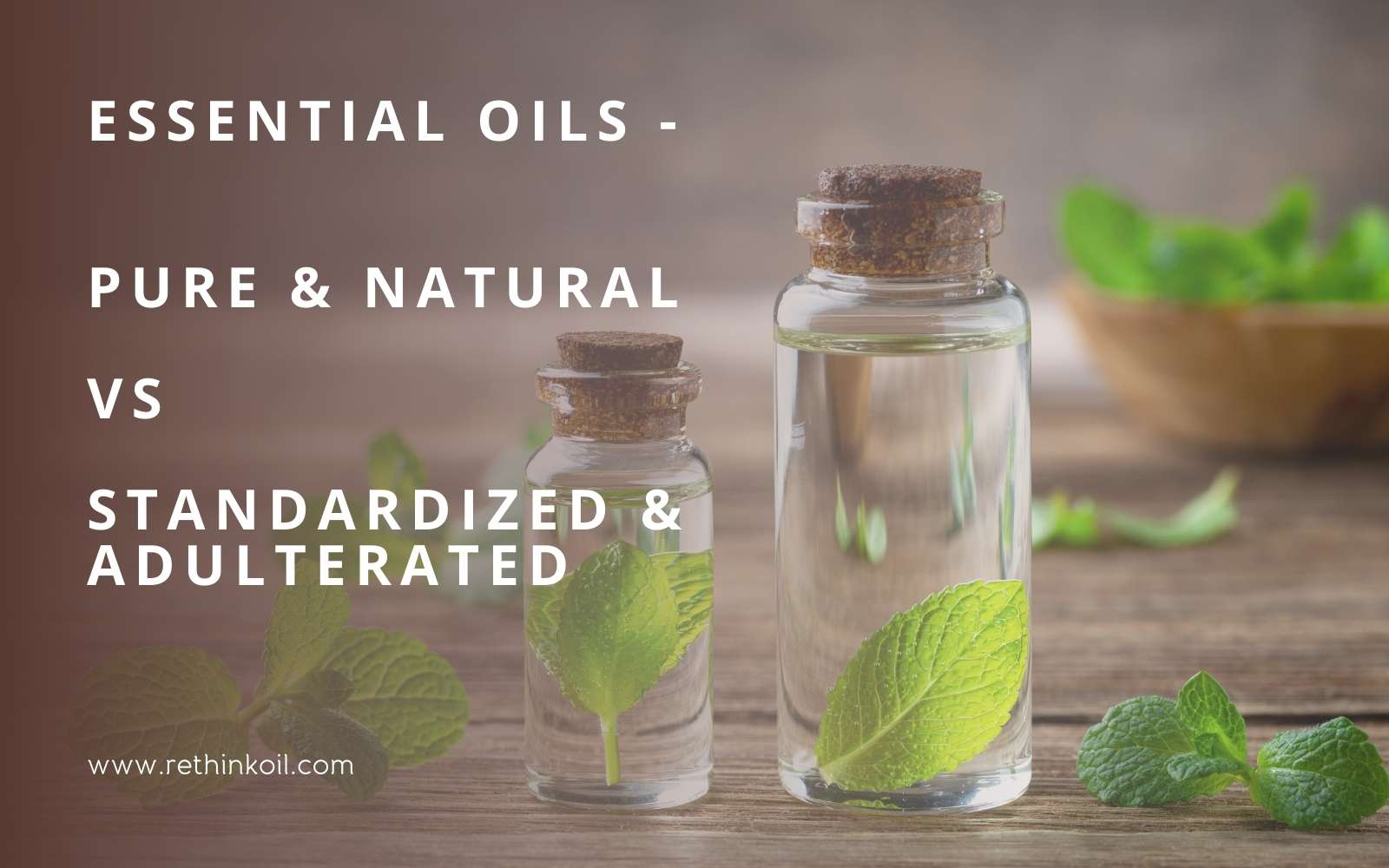
When researching which essential oils to use, you may see the same terms pop up: pure, natural, unadulterated, standardized. What's the difference between them, and how do you decide what is right for you?
A pure, natural essential oil is an extraction of the volatile, aromatic compounds naturally contained within the plant and has not been adulterated in any way. A variety of extraction methods and processes are used in the industry to extract the active plant compounds, creating a concentrated essential oil product. These extraction methods commonly include steam distillation, Co2 extraction, and solvents.
100% pure, natural essential oils are non-standardized extractions of the volatile, aromatic compounds contained within the plant and nothing else.
Standardized essential oils have been altered from their natural state to maintain consistency and/or to selectively increase specific naturally occurring compounds. This can be done before, during or after the extraction process and is not necessarily nefarious in nature.
Examples of standardizing include modification of the plant seed and growth environment, controlled-temperature distillation, and the addition of isolated components post-distillation/extraction.
Ready-to-use Oil of Oregano or pre-manufactured Oregano Capsules are an example of standardizing essential oil post-distillation to maintain consistency for the consumer. These formulas are standardized to contain specific ratios of “active” to “inactive” ingredients.
Adding in isolated components post-distillation or selectively increasing specific components via the extraction process is not uncommon, especially with components like carvacrol, found in oregano. The downside to this selective process is the reduction in synergy that occurs when trace components that would otherwise naturally occur within the plant are lost to make room for the unnatural increase in components.
Regardless of the technique, the natural composition of the oil is altered, and synergy is compromised, rendering the oil less effective than if it were in its natural state.
Adulterated Essentials Oils can be intentional or unintentional. Unintentional adulteration is oftentimes the result of lack of knowledge, typically during the extraction process. Unintentional adulteration can also be a result of removing specific components (fractionating), which alters the natural chemical profile of the oil. The aging/oxidation process is another example of unintentional adulteration and will even happen to oils that were once considered pure and natural.
Intentional adulteration is nefarious and is typically driven by greed. Some manufacturers will intentionally add water or fatty oils to essential oils and advertise them as pure and natural or “unadulterated”.
Essential oils can also be adulterated by adding similar species together to save money. A good example of this is blending two plants with similar odor profiles. For example, using Canaga oil to dilute down the very expensive Ylang Ylang oil.
There is no need to standardize or adulterate ReThinkOil’s 100% pure Oregano oil. From harvest to distillation, our supplier selects only the finest herb to pair up with their proprietary distillation process. This expert process creates a naturally balanced oil with a wide array of “anti” properties, exactly what Mother Nature intended it to be.
Interested in learning more?
Read here about:
Synergy & Essential Oils - Is 1+ 1 > 2?
Looking for Oregano Oil? Shop here
